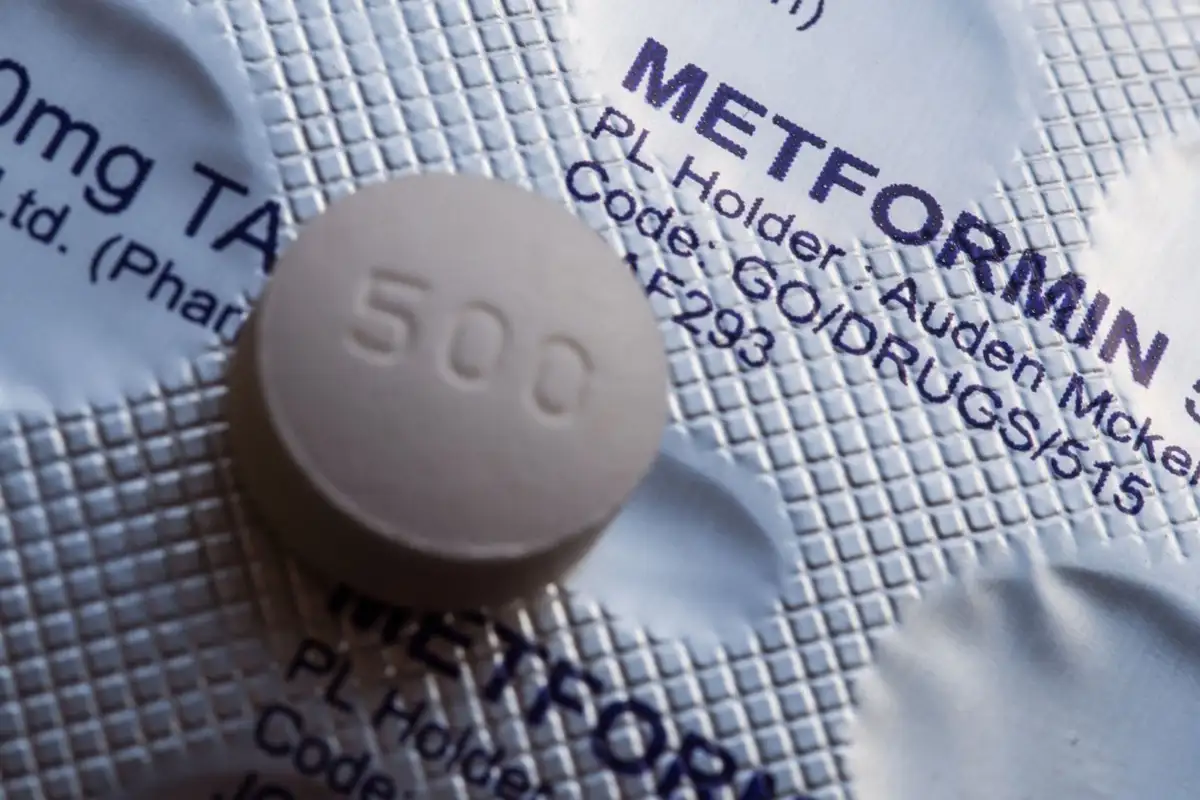Indian Pharmacopoeia Commission (IPC) which is an autonomous institution of the ministry of health and family welfare released an alert against meftal because meftal’s component, mefenamic acid, can cause Drug reaction with Eosinophilia and Systemic Symptoms (DRESS) syndrome, a severe allergic response. Meftal spas is a painkiller that women use generally for period cramps but on December 7, 2023, the government advisory Indian Pharmacopoeia Commission (IPC) released safety alert against it and said women must only take it at the advice of the doctor.
“Healthcare professionals, patients and consumers are advised to closely monitor the possibility of the above adverse drug reactions (ADR) associated with the use of the above suspected drug,” the alert said.
The warning was sent out following the discovery of cases of DRESS syndrome during an initial examination of adverse medication reactions from the Pharmacovigilance Programme of India (PvPI) database. DRESS syndrome is a severe allergic response that can happen two to eight weeks after taking specific drugs. Intestinal problems, enlarged lymph nodes, and elevated temperature are among the symptoms that can be caused by this illness. It is a serious drug reaction affecting the skin and other organs, with a mortality rate of up to 10%. Healthcare providers and patients should keep a close eye out for any potential adverse drug reactions and report them to the national coordination centre of the Pharmacovigilance Programme of India (PvPI), which is overseen by the Indian Pharmacopoeia Commission (IPC), to ensure patient safety.























